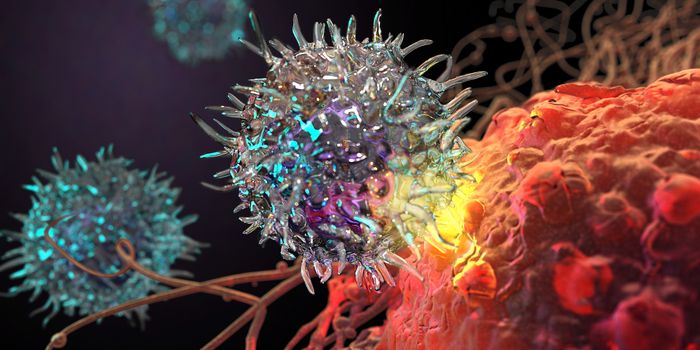New Malaria Vaccine Conferred Total Immunity in Small Trial
Recently, there’s been loud grumblings about a potential malaria vaccine, but a truly effective vaccine remained elusive. Indeed, producing an effective vaccine against a parasite has proven tougher than that against a virus. But this may all change, as researchers at Sanaria, a biotech company, just boldly announced the success of a malaria vaccine that’s 100 percent effective in a small human clinical trial. This may be the closest we’ve ever gotten to a real and feasible malaria vaccine.
Malaria remains one of the biggest public health problems worldwide. Nearly half the world’s population, or over 3 billion people are at risk of malaria infection, which can cause fever, fatigue, bleeding, seizure, and even death. Although the World Health Organization reports death rates from malaria are dropping, the disease still claimed nearly 438,000 deaths in 2015.
"Scientists have been trying to develop a highly effective malaria vaccine for more than a century with thousands of scientists working on it, billions of dollars have been spent and to date there's no licenced malaria vaccine," said Stephen Hoffman, a scientist at Sanaria.
Previous malaria vaccines proved to be ineffective because they only contained pieces of, or a weakened form of the Plasmodium parasite. So Sanaria’s approach was to go big or go home.
The vaccine Sanaria created is based on live Plasmodium sporozoites – the version of the parasite that elicits an immune response in people. In what seemed like mad science, the researchers injected the live sporozoites into volunteers. The volunteers also received antimalarial pills (chloroquine) before, during and after the injections.
Ten weeks later, in people who received the vaccination, exposure to the sporozoites elicited no immune response, suggesting these people had been immunized. By contrast, people who didn’t receive the injections had evidence of the parasite in their blood.
"The lower dose group had 33 per cent protection, the middle group had 67 per cent protection and the higher group had nine out of nine (100 per cent)," Hoffman explained.
Total immunity in human volunteers is something only one other team has been able to claim, and it was also with the help of live sporozoites. In 2009, researchers found similar immunity success through direct mosquito bites.
"Previous efforts have used mosquitoes to deliver live [sporozoites]," but as Hoffman points out, this method is crude and impractical. "You can't have a mosquito come to a doctor's office to immunize you or vaccinate you".
Indeed, "the advance here is that this can be achieved by intravenous injection of a purified population of sporozoites rather than requiring the vaccinated person to be bitten by many hundreds or thousands of infected mosquitoes,” commented Eleanor Riley, a disease immunology expert at the London School of Hygiene and Tropical Medicine. Riley was not associated with the current research.
Despite the limitations of the experiment, including the small trial size and duration, the results represent a huge milestone for malaria vaccine development.
“This is a first step,” says Hoffman. “We still have a lot of work cut out for us. But we believe that this kind of approach can be used to immunize the entire population, so we can halt transmission of the parasite and eliminate it geographically from systematically defined areas.”
Additional sources: Popular Science, Wired, Science









